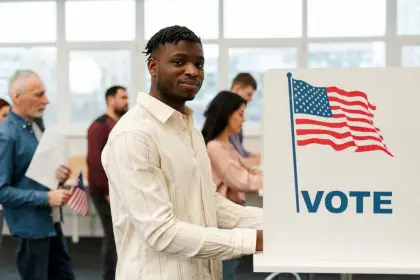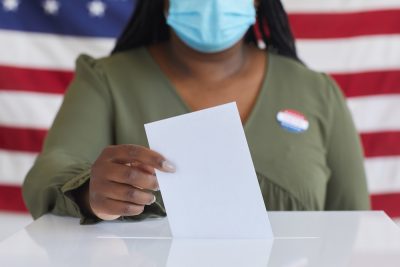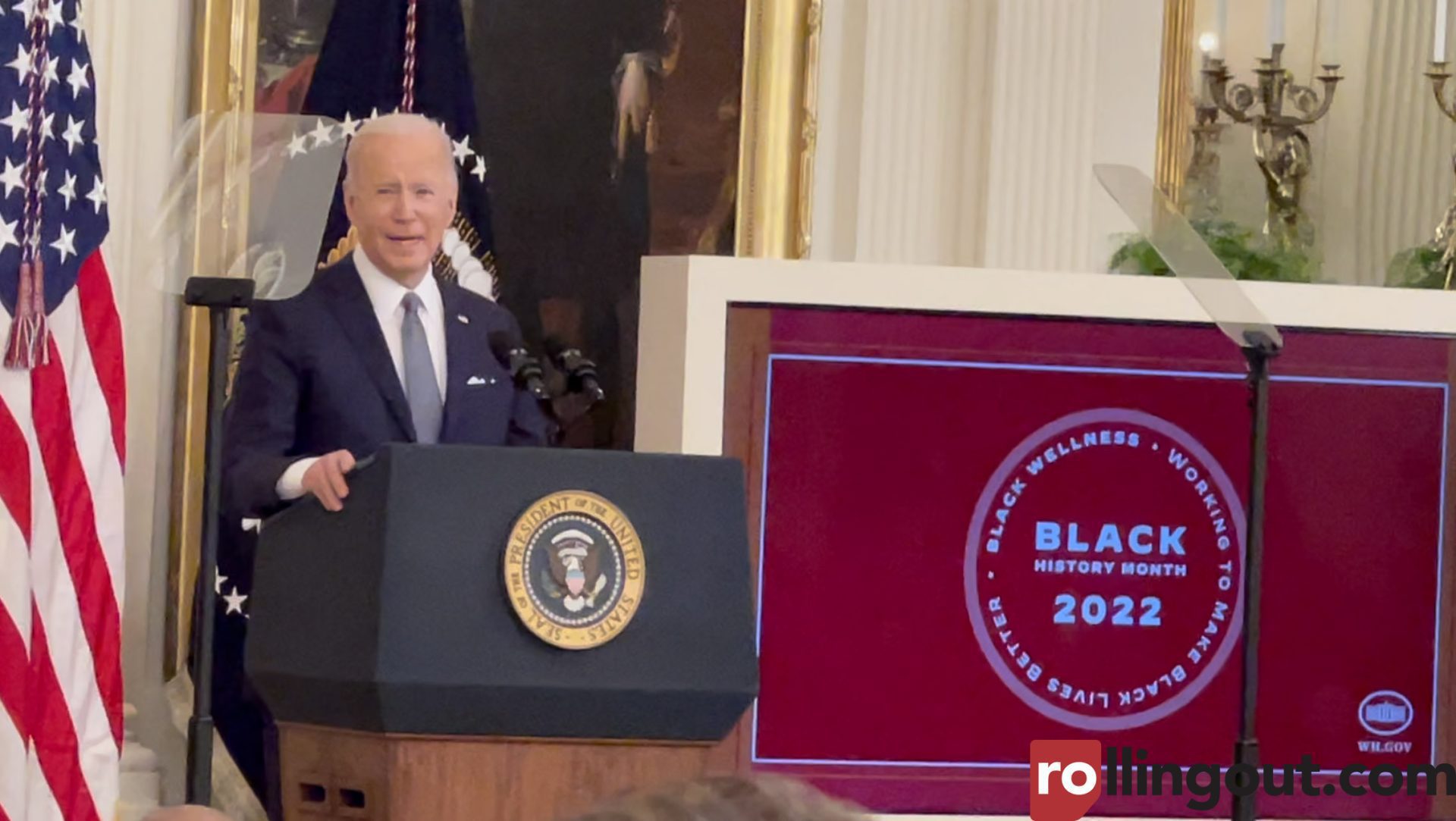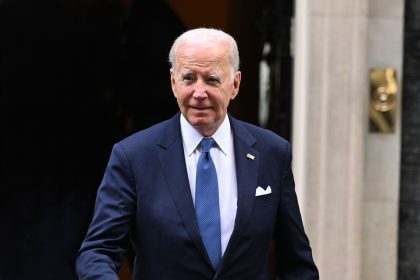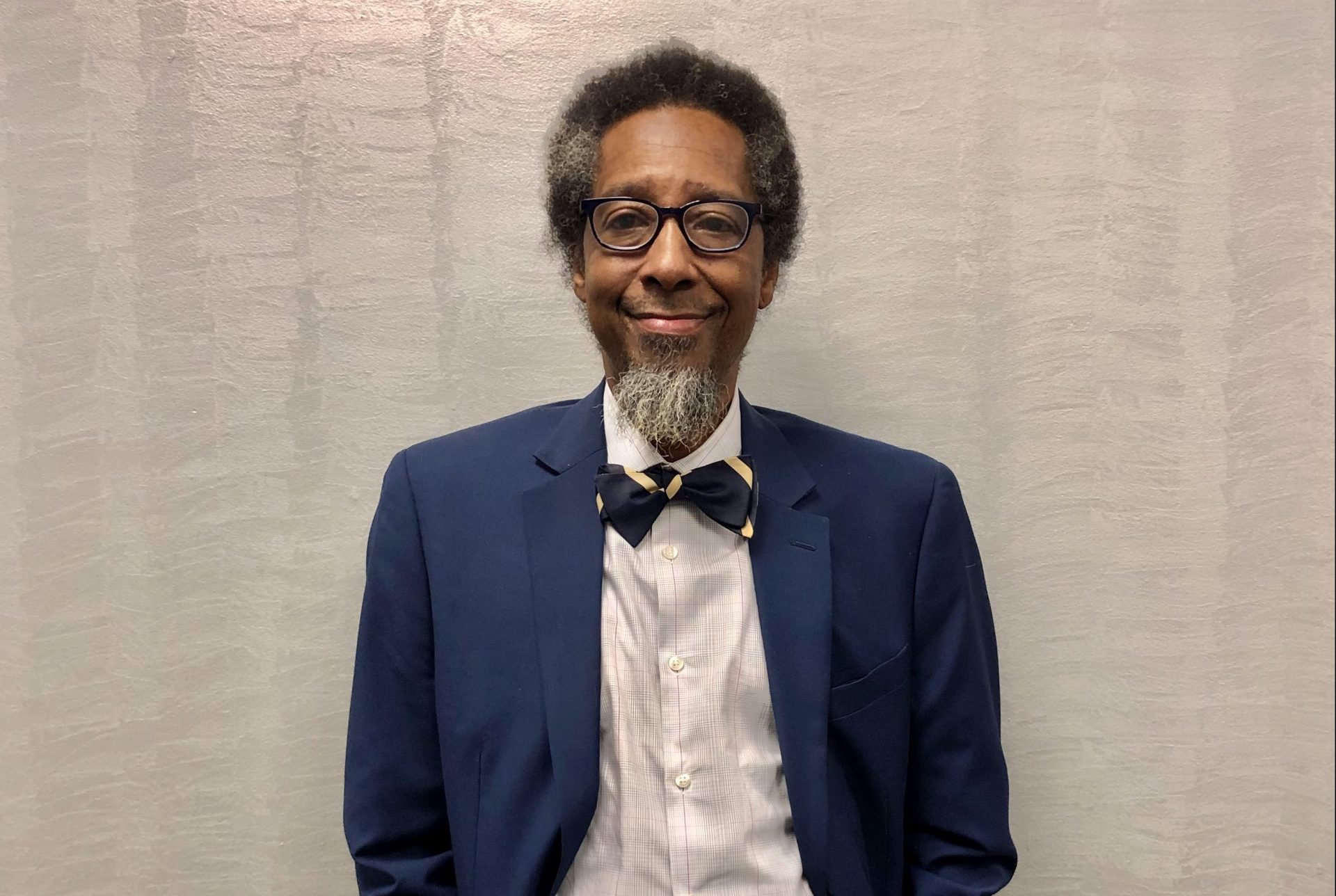
In light of numerous protests for clean air and water in our communities, it is becoming more apparent that the movement of “going green” and preserving the environment is more active now than it has ever been. It is unfortunate, however, that people have to die of cancer from living in close proximity of a chemical plant or not have clean water in their community for society to begin to even care about what is going on in our environment.
Environmental issues that we face are being recognized, but recognition of the problems alone isn’t enough. There are organizations working toward the goals of defining the issues and making sure peoples’ voices are heard and that there is a suitable action plan in place to improve their communities.
Government agencies such as the Environmental Protection Agency, whose job it is to clean up our communities and ensure the safety and proper use of chemicals, help us realize that we are not alone when events such as Power Shift 2011 take place. This huge convention, held in Washington, D.C., every other year, was created for college-based organizations to unite, and let their voices be heard.
During this convention, student leaders and members from their organizations get a chance to interact with each other and brainstorm innovative ways to keep their college campuses eco-friendly and gain the interest and commitment of their peers. I had a chance to attend the convention this year with students from Clark Atlanta University, Spelman College and Morehouse College. The three colleges form what’s called the Atlanta University Center (AUC), and they united their eco-friendly campus clubs for the benefit of this convention.
The days were filled with workshops, seminars and speeches from leaders such as Lisa Jackson, the first black Environmental Protection Agency administrator; Bill McKibben, 350.org founder and environmental activist; and Phaedra Ellis-Lamkins, CEO from Green for All. These three keynote speakers gave the crowd a sense of security and hope that as long as the students continue to do their good works in their communities, they are doing their part. They also addressed reigning issues of interest and concern to which students are seeking solutions.
After getting the chance to meet with Lisa Jackson and Phaedra Ellis-Lamkins, I realized that this fight to protect our environment is not an act that is beyond me. I can contribute to the movement and do my part on my college campus and in my community. All the seminars and workshops led up to the most important day, Lobby Day, which is when all of the public protesting takes place. Overall, this trip was an awesome learning experience for me, and I am glad I learned things I can do to help. –ashley jackson

